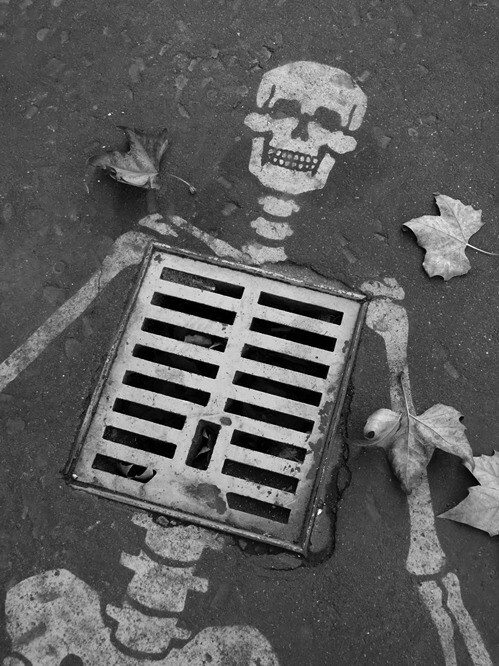I watch a lot of commentary channels on YouTube. My feed is filled with hot takes on the latest online trends and happenings, often dealing with topics like racism, sexism, abuse, and harassment. More and more, I’ve noticed YouTubers bleeping (or rather muting) words that might be flagged as being “advertiser unfriendly” and get their videos demonetized. Sometimes that’s profanity, but more often it’s words like abuse, Holocaust, kill, suicide, sexual, and abortion. Words that aren’t inherently ‘bad’ but that brands wouldn’t want to be associated with videos containing them. Similarly, TikTok creators change the spelling of words or use other terms in their speech and captions to avoid filters there.
At the same time, I heard someone comment on how they keep hearing people in real life say ‘unalive’ rather than ‘suicide’, with the former being a word often used to avoid filters. There’s no doubt that online terminology creeps into our real lives. We use words and phrases that originate online in our speech vocabulary and they become a part of our culture.
Lately I’ve had this creeping concern that the filtering of words that advertisers don’t like will have a larger societal implication on kids growing up right now. I fear that they’ll view normal words like abuse as ‘bad’ and avoid using them because creators online can’t use them, and that the fight for abortion rights will be hindered because the very word abortion can’t be said in videos. Maybe I’m overthinking it or being too much of a downer but every time I watch a video that removes a normal, innocent word, it makes me wonder what that means for society.
Do you think that advertisers and platforms discouraging words and topics which can be controversial will have larger effects on society?


Yes. Basically the advertisers are trying to model us, and so the loop is complete in that it’s “our” standards being implemented into language via this mechanism.
However, described statistically one might say it’s reducing the variance in the distribution of language. It’s smoothing things out and removing the edge cases of language.
And one of my favorite psychology professors always likes to say that discussing anything important basically is going to offend people. So if you remove the ability to offend people, you remove the ability to discuss important topics.
The image in my mind is of a smooth ball with little jagged twig things coming off it. Filtering out offensive content is like sanding the ball and removing all the protrusions. The thing is, those protrusions are valuable because they expand the diameter of the ball.
I know that imagery is really abstract but that’s what I see in my mind as the effect of filtering out “only the offensive stuff”.
Those shit-pissing fuckwads can take my offensive language when they pry it from my cold, dead cunt.
Dammit.
I’d say banning certain words will increase variation in language since people will come up with and use alternatives.